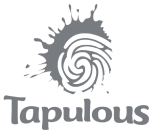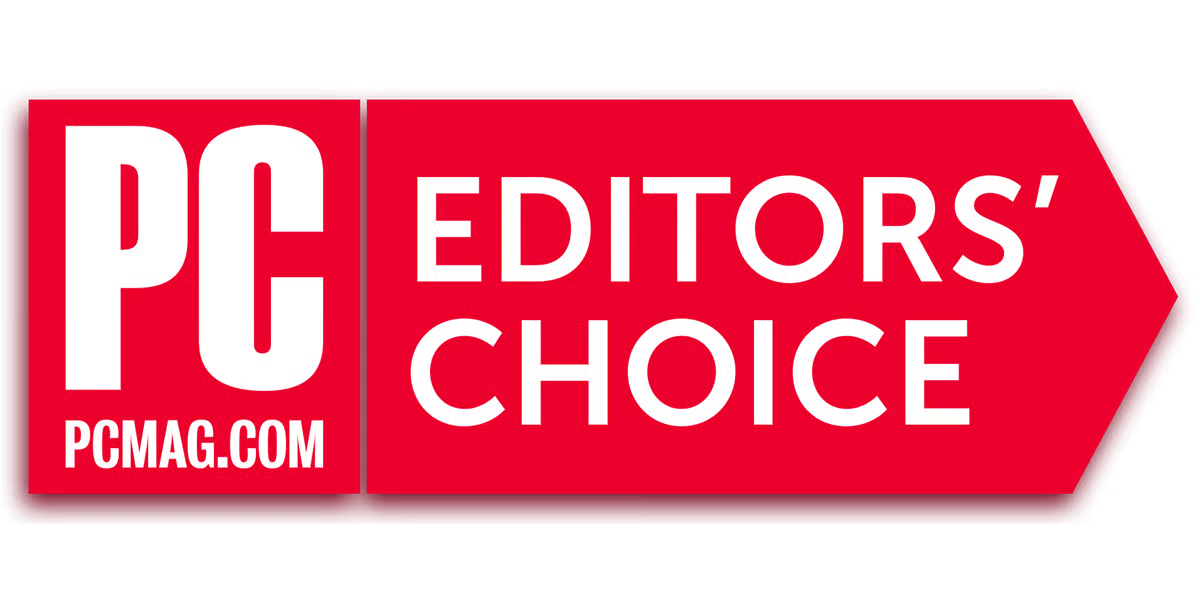Podcasts Closed Captioning Services
The advent of podcasts in today's digital age has made them the go-to option for many around the world to
engage in their topics of interest. Podcasts are, in a way, an evolution of radio in digital form. They are
a series of digitally programmed and recorded episodes that discuss specific themes or topics. They can be
about anything, from technology and startups to marriage and personal relationships. Podcasts will exist as
long as there's a topic to discuss and an audience curious about it.
The popularity of podcasts comes from the fact that they are very easy to host and listen to. This sudden
rise in popularity has made them a market trend in recent times. It doesn't matter if you are old or young;
many have their favorite podcasts they listen to or host themselves. Their concept is similar to blogs,
where an audience with a similar interest gathers and stays there over time. Podcasts can be from any
subject of your choosing, but ideally, topics of interest or that you have expertise about will result in
better content.
To attract audiences, podcast hosts must create a unique name for their productions. Introductions and coming
up with your own catchphrases also go a long way in helping to attain an interested crowd. The main
requirement of a successful podcast series is excellent communication skills to engage with others with
similar interests. As for the formats, monologues, interviews, co-hosted, panels, educational, or simple
storytelling are some of the most common podcast types you can see online.
About Podcast Closed Captions
There are about 383 million podcast listeners worldwide, and many expect the number of listeners to grow to
424 million by the end of 2022. That is not surprising, considering how versatile and enlightening podcasts
can be. Many people love listening to podcasts as they go about their day or when commuting to and from
work.
However, for the vast number of listeners out there, we also have to account for people who are deaf or
experience mild to profound hearing loss. It may shock some, but these individuals often represent 10% to
20% of podcast listeners. For these individuals, podcast closed captioning is a necessity to be able to
enjoy content in the same way others do.
Regardless of media type, the main objective we want to achieve with podcast production is for our
information to reach the broadest possible audience. When it comes to engaging as many people as we can,
accounting for those who are hard of hearing or deaf with the use of closed captioning for podcasts is
crucial. We have to plan ahead whenever we produce content and design it with accessibility in mind by
incorporating closed captioning. Providing text alongside your podcast promotes equitable access to your
content, meaning it can reach a bigger crowd.
Podcast closed captioning is a text version of the spoken parts of the content. The term "closed" comes from
the fact they are usually hidden and need to be switched on from a menu before they are accessible. Closed
captioning is similar to subtitles in that it includes a word-for-word transcript of everything said. It
mainly differs in the inclusion of sound descriptions and that they are incorporated directly into the media
file. Even though closed captions and subtitles are terms many people use interchangeably, they point to two
distinct features.
Another point that is very important to consider is making content that is WCAG compliant. The WCAG (or the
Web Content Accessibility Guidelines) is an industry standard for the inclusive practice of removing
barriers that prevent interaction with websites. For your content to be WCAG compliant, it needs to have
podcast closed captioning that includes audio descriptions. This norm ensures that content remains equally
accessible for everyone regardless of their hearing capabilities. It references standard accessibility laws
and policies around the globe and Section 508 of the Rehabilitation Act in the US.
These guidelines make it mandatory by law for content creators to provide closed captions and audio
descriptions alongside their prerecorded and live audio or video content. The guidelines don't specify any
exact compliance of metrics for measuring the quality of the captions. Nevertheless, the accepted industry
standard is that they must be at least 99% accurate.
WCAG 2.0 took a broader approach to this, and it now simply requires all web content to follow the POUR
(Perceivable, Operable, Understandable, Robust) principle. In essence, your created content needs to be
designed to provide users with disabilities an equivalent experience to those without disabilities.
Therefore, your aim is to create egalitarian access for everyone.
Schedule Your Podcast Captioning in Minutes
Automated transcriptions aren't great. In fact, despite their claims, they're often flawed and difficult to
read. If you want to attract people with hearing loss to your content, you shouldn't use machine-generated
transcriptions. Instead, use human transcripts, which are 99% accurate or better. If you are looking for a
podcast closed captioning service that creates an accurate transcription of your content, then GoTranscript
is the best choice you can make!
We use human transcribers to implement high-quality closed captions into your content to make it more
accessible. If you, the podcaster, want people to enjoy and have a formative time with your productions,
publishing them alongside an accurate transcript is a must.
At GoTranscript, you can schedule your podcast closed captioning project with us in mere minutes. Your
content will then go through our certified professional transcribers and captioners to catch every nuance
and distinct characteristic of your recording. After this, they will turn it into a text file with its
speakers clearly identified and each word accurately transcribed.
Taking the free or cheap way out isn't appropriate to assist those with hearing loss. It isn't very
respectful since it shows you don't care enough to deliver a quality product, which could impact your
content's reach. Choose a quality cc service provider like GoTranscript to show that you care and want to
provide the best for your audience!
Why Use GoTranscript Podcast Closed Caption Services
In podcast closed captioning, quality matters. Have you ever tried to enable automatic captions on a video online only to notice the vast discrepancies between what is being said and what is in the captions? Sometimes the captions don't even make sense. For hard-of-hearing individuals, this can be highly frustrating. If your closed captions are inaccurate, that means your content remains inaccessible.
The WCAG upholds a 99% accuracy standard for the use of closed captions in different media content. The accuracy rate for most automatic closed caption generators and transcription software usually lands between 80% to 95% (if you're lucky.) These captions contain many inconsistencies and grammar and punctuation errors that make them unsuitable for viewers. They can work as a fast, cheap, very rough draft of your content, but that's about it. Apple Podcasts' closed caption generator works like this, and although serviceable, it's hardly an option for quality.
Inaccurate captions mean more work for you, the content creator, and can lead listeners to understand your content poorly. You don't want to mislead or misinform your audience, as this could seriously affect how people view your creative work. Adhering to captioning standards to ensure that all closed captions remain accessible for individuals with hearing disabilities is crucial if you want to succeed in the podcasting world.
Podcast closed captioning services like the ones performed by GoTranscript can save you headaches in the long run and make you reach your audiences in the clearest and most accessible ways. Human closed captioners can outperform automated solutions because they:
- Are more likely to understand every word said in a recording
- Can comprehend different types of accents and dialects that a machine can't
- Will grasp the use of slang or other uncommon or made-up words
- Understand and differentiate different speaker voices when there's crosstalk or background noise
- Can intelligently complete the work to fit your instructions
Get Your Closed Captions Project Started Today!
At GoTranscript, we understand the importance of accurate closed captions for your viewers and brand. Implementing closed captions in your content can be a labor-intensive task that wastes your valuable time. To reduce your production times and raise the quality and reach of your content even further, why not choose a professional podcast closed captioning service like ours? GoTranscript has an experienced team of over 20,000 certified transcribers and captioners ready to help your project meet its goals.
Want to reach a global audience while at the same time having accessibility standards of the highest order? GoTranscript's podcast closed captioning is the best option for you. Our workforce consists of talented native speakers from around the world ready to help get your closed caption project underway at a reasonable cost.
Ordering your closed captions project with us couldn't be any easier. Our price is highly competitive, and our customers' feedback speaks volumes about our services' quality. We are here to serve your needs 24/7. Contact us today. Our experienced team is ready to assist you with your podcast project right away!

Transcription by a Professional Transcriber & Editor
Captions (FCC/SDH) by a Professional Captioner
Transcript Editing & Proofreading by a Professional Editor
Translation (text/audio/images) by a Professional Translator
Subtitles by a Professional Subtitler
AI Transcription (Automated) for Faster Turnaround
Video Description (AD) by a Professional Describer











































































